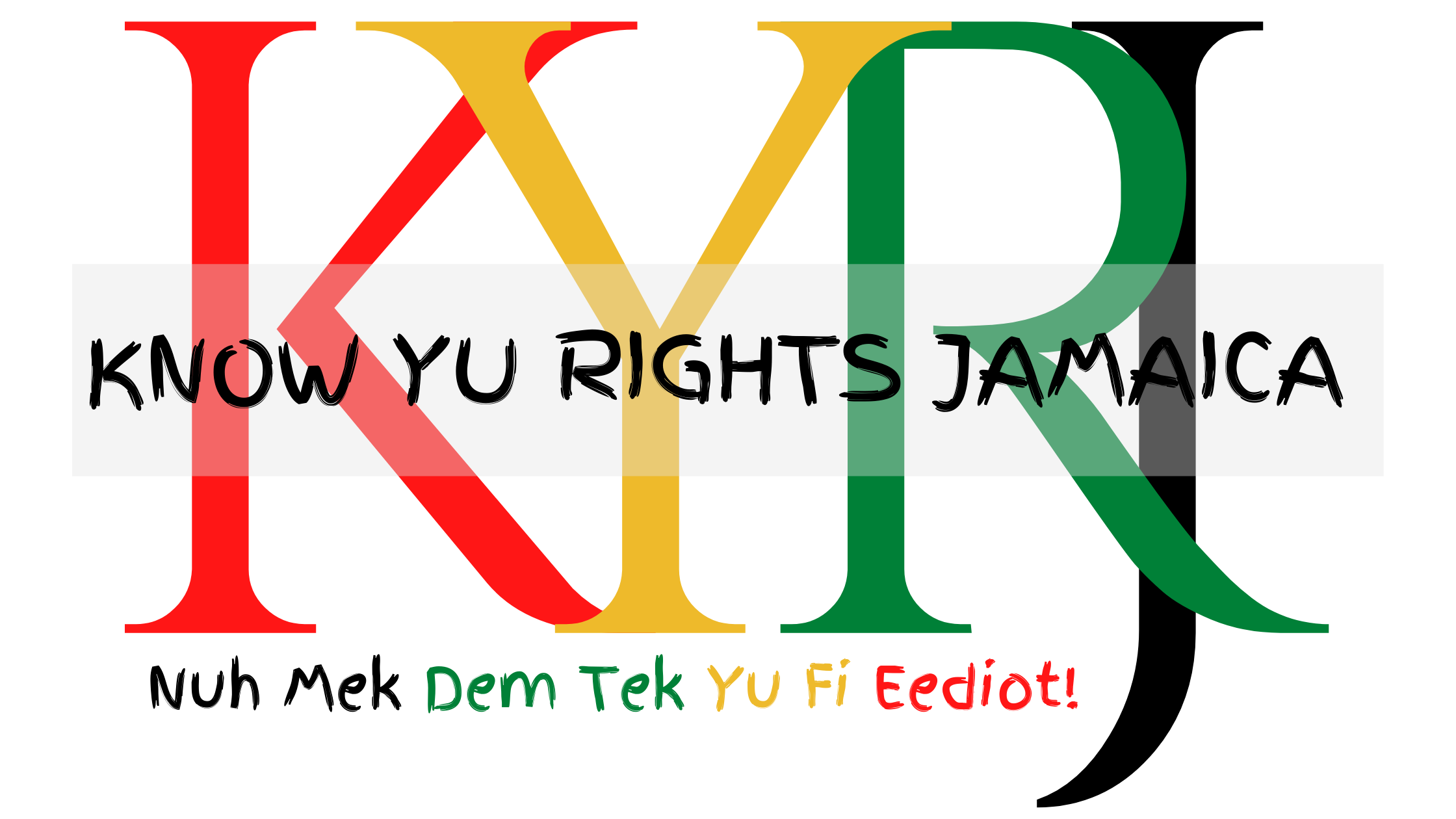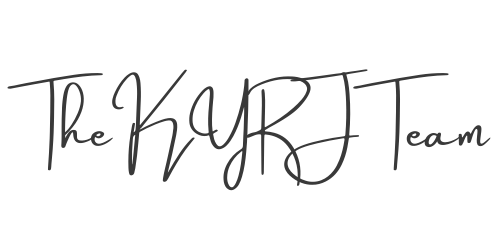
DISCLAIMER: The content of this website, by its very nature, is general, whereas each user’s situation is unique. Therefore, please note the information contained within this website is for informational purposes only. All efforts have been executed to present accurate, up to date, and reliable, complete information. No warranties of any kind are declared or implied. Users of this website acknowledge that the Know Yu Rights Jamaica website is not engaging in the rendering of legal, financial or professional advice.
Please read our Privacy Policy & Terms of Use for further information.
Sick leave is a period of time during which an employee is allowed to be absent from work due to illness or injury. Many persons are hesitant to take sick leave, as they do not want to let their team down by missing a day or they may get paid for their unused sick leave (this is not mandated by law, but can be agreed upon between employee and employer).
Whatever your thought process, also consider that sick leave helps you:
- To recover from illness or injury. When you are sick, your body needs time to rest and heal. Going to work while you are sick can prolong your illness and make it more difficult to get better.
- To prevent the spread of illness. When you are sick, you are more likely to spread your illness to others. Staying home from work helps to protect your coworkers and customers from getting sick.
- To avoid presenteeism. Presenteeism is the act of going to work while you are sick. Presenteeism can be just as harmful as absenteeism, as it can lead to decreased productivity, increased errors, and increased risk of accidents.
- To reduce stress and burnout. Working while you are sick can add to stress and burnout. Taking sick leave can help you to reduce stress and improve your overall well-being.
Sick Leave Entitlement
According to The Holidays With Pay Order, 1973 and the Amendment to Staff Orders Leave Provisions Chapter 7, if you are not a casual worker, you are entitled to:
- zero (0) sick leave with pay – if you become sick within the first twelve (12) months of employment but you have been employed for less than 110 days.
- one (1) working day of sick leave with pay for every 22 days that you have worked – if you become sick within the first twelve (12) months of employment and you have been employed for at least 110 days. When this calculation is done and there is a fraction, it should be counted as 1 day. E.g., If you worked 120 days, when you divide 120 by 22 you get 5.45 days. Therefore, you would be entitled to 6 days paid sick leave.
- ten (10) working days of sick leave with pay annually – if you become sick after your first twelve (12) months of employment.
You are not entitled to paid sick leave for any period of illness (N.B. This also applies to Casual Workers):
- if, for that same period of illness, you are entitled to sick benefit or employment injury benefit under the National Insurance Act,
- if, for that same period of illness, you are entitled to compensation under the Workmen Compensation Act,
- if you fail to notify your employer of your illness during the first working day after the occurrence of the illness,
- if, you’ve been sick for more than 3 days and you fail to present your employer with a certificate from a registered medical practitioner which states that you are ill and the period for which this illness will prohibit you from performing your work duties,
- if you fail to satisfy any condition contained in an agreement between you and your employer relating to the granting of paid sick leave.
Sick Leave Pay

For each day of sick leave with pay, you should be compensated with your normal daily rate. If you are not sure of your daily rate, you can use our Overtime Calculator which shows you your hourly rate, which you can use to determine your daily rate. E.g., If your hourly rate is $961.54 and you work eight (8) hours per day, then your daily rate is 8 x $961.54 = $7,692.32.
Sick Leave and Casual Employees
According to “The Holidays With Pay Act”, a casual employee or casual worker means “any worker who is employed:
- (a) from day to day; or
- (b) for the performance of a particular task which normally cannot be performed in less than one working day.“
If you are a casual worker and you become ill during your first qualifying year (the first year you are working for your employer) and:
- you have worked for more than 110 days, or
- if they can’t determine the number of days you have worked, but they can determine that you have earned, as normal wages, a sum that is equivalent to 110 times the established daily rate for your category of work, or
- if they can’t determine the number of days you have worked and there is no established daily rate for your category of work, but they can determine that your name has appeared on the pay bills of your employer for no less than 20 weeks,
you are entitled to be paid “sick benefit” for the period of your illness or for the first 10 days of your illness, if your illness goes beyond 10 days. This rule applies to your second qualifying year of employment and all subsequent years.
Sick Benefit

When you get sick as a casual worker, your employer is supposed to give you some money called “Sick Benefit“. The amount of money they give you is figured out using a specific formula, which is as follows:
- First, they calculate 3% of the money you’ve earned from your job.
- Then, they divide that by 10 (which means they take one-tenth of the 3%).
This gives you the amount of money you should get for each day you can’t work due to sickness.
For the first time you get sick in a year, they’ll calculate your sick benefit from the time you started working that year until the day just before you got sick. If you get sick again in the same year, they’ll calculate it from when you started working again after your last sickness until the day just before you got sick again.
Therefore, if your started working April 1 and you got sick August 1, they would determine how much money you earned from April 1 to July 31 and find 3% of those earnings. Then they would calculate 1/10 of that to determine how much money you would get each day that you are out sick.
Sick Leave in Jamaica
Labour laws in Jamaica establish what is minimally acceptable from an employer. Therefore, please ensure that you find out from your employer what their sick leave policy entails, so that you are clear on what to expect in the event you fall ill. Remember, your employer can always offer you a policy that is better than what is outlined in the labour law, but they can’t offer you something worse.
Know yu rights Jamaica! Nuh mek dem tek yu fi eediot!






Good night, I work in the private sector at a factory with a contractor and he is forcing me to work double shift, is that right?
Hi Jermain. Thank you for your question. We’re so sorry to hear that you are being forced to work two shifts back-to-back.
According to The Employment (Flexible Work Arrangements) (Miscellaneous Provisions) Act, 2014, a work week is 40 hours and a worker can agree to work up to a maximum of 12 hours in one day (depending on their employment contract). Therefore, you working two shifts, which would amount to more than 12 hours in a day, should not be something that is forced upon you.
Also, please check your employment contract and see if you agreed to covering a shift if your coworker does not show up for work. Some contracts state that an employee cannot leave work at the end of their shift until the worker for the next shift shows up. Therefore, if you agreed to this in your contract and your coworker does not show up, then you agreed to stay and cover their shift.
If your employer insists on forcing this on you, we suggest that you reach out to the “Pay and Conditions of Employment Branch (PCEB)” of the Ministry of Labour & Social Security…they should be able to provide you with some guidance as to your next steps.